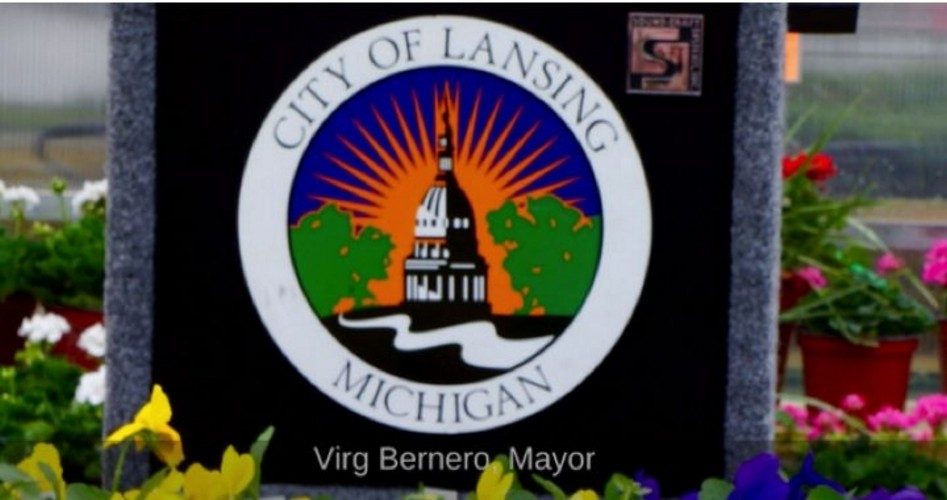
The Lansing, Michigan, City Council voted 5-2 on April 12 to rescind its decision to declare itself a “sanctuary city” for illegal aliens. The move reversed a 6-0 vote made last week to give the city “sanctuary city” status.
The vote was motivated by concerns made by businesses in Lansing that the “sanctuary city” designation status would bring unwelcome attention to the city.
Following the original vote, the Lansing Regional Chamber and Michigan Chamber of Commerce sent a letter to council members urging them to remove references to “sanctuary city” from its resolution. The letter stated:
Lansing is a diverse community, rich with history and culture. It’s what makes our city a welcoming destination to live, work and thrive. Recent actions of City Council, whether intended or not, have placed an unnecessary target on the City of Lansing while jeopardizing millions of dollars in federal funding that impacts the city budget.
The letter’s reference to “jeopardizing millions of dollars in federal funding” evidently refers to what President Trump stated in his January 25 executive order regarding the harm that sanctuary jurisdictions do to the American people and to our country.
Trump wrote that (among other things) it is the policy of the United States to ensure the faithful execution of its immigration laws, and that “jurisdictions that fail to comply with applicable Federal law do not receive Federal funds, except as mandated by law.”
Speaking at a White House press briefing on March 27, Attorney General Jeff Sessions reiterated that policy, stating: “The Department of Justice will require that jurisdictions seeking or applying for Department of Justice grants to certify compliance with 1373 as a condition of receiving those awards.”
Sessions referred to 8 U.S.C. Section 1373 several times during that briefing. A complete description of that law prepared by the Legal Information Institute (LII) at Cornell University Law School explains that the law is defined as “Communication between government agencies and the Immigration and Naturalization Service.”
LII’s summary of the law included the following general statement:
Notwithstanding any other provision of Federal, State, or local law, a Federal, State, or local government entity or official may not prohibit, or in any way restrict, any government entity or official from sending to, or receiving from, the Immigration and Naturalization Service information regarding the citizenship or immigration status, lawful or unlawful, of any individual.
The law further provides, in part:
Additional authority of government entities Notwithstanding any other provision of Federal, State, or local law, no person or agency may prohibit, or in any way restrict, a Federal, State, or local government entity from doing any of the following with respect to information regarding the immigration status, lawful or unlawful, of any individual:
… Sending such information to, or requesting or receiving such information from, the Immigration and Naturalization Service.
The law is quite clear in that it specifies that no government entity at any level may prohibit or restrict either an entity or an official from communicating to the Immigration and Naturalization Service information regarding the citizenship or immigration status of any individual.
It is apparent that “sanctuary city” laws passed by many jurisdictions, including Lansing, violate Section 1373.
In view of this law, as cited by Sessions, and the policy stated by Trump, noting that “jurisdictions that fail to comply with applicable Federal law do not receive Federal funds,” the concerns that the Lansing Regional Chamber and Michigan Chamber of Commerce expressed in its letter about “jeopardizing millions of dollars in federal funding” appear to be well founded.
The Lansing City Council apparently agreed and decided to reverse its hasty earlier decision.
Related articles:
Sessions: States, Cities Seeking DOJ Grants Must Comply With Federal Immigration Laws


